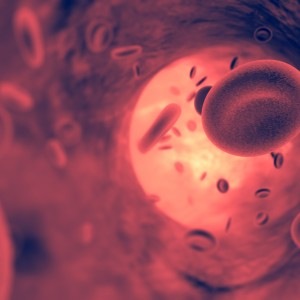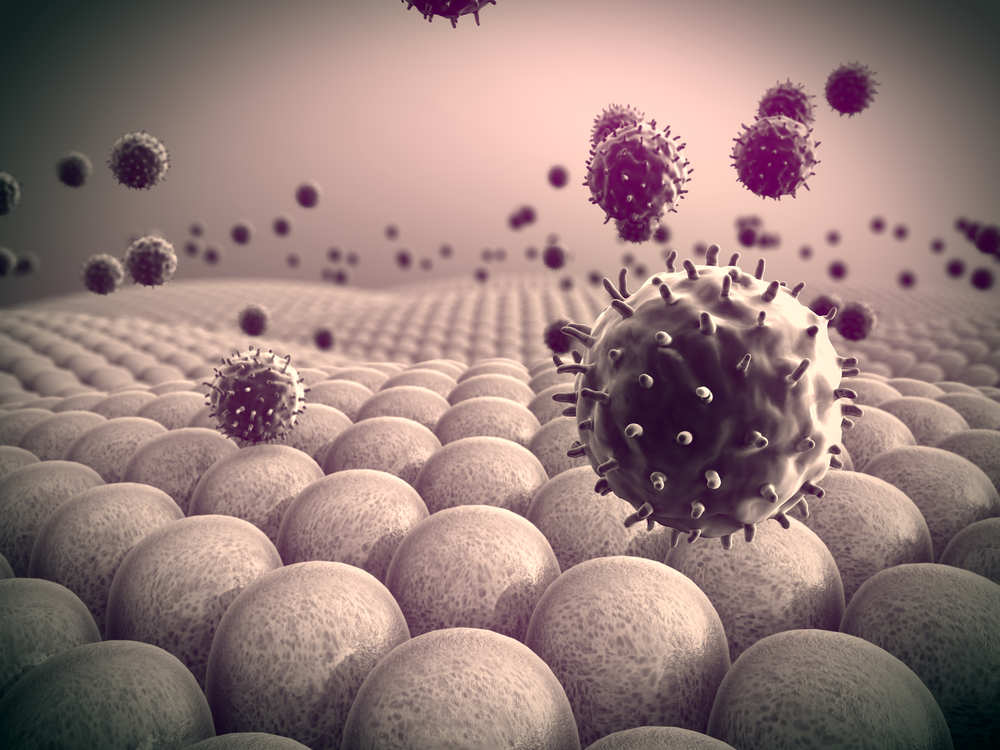 A team of researchers at Aarhus University, Denmark recently developed a group of antibodies that can prevent tumor growth in mice. The team managed to narrow down their research from a library of billions of artificial antibodies to a set of ten new antibodies.
A team of researchers at Aarhus University, Denmark recently developed a group of antibodies that can prevent tumor growth in mice. The team managed to narrow down their research from a library of billions of artificial antibodies to a set of ten new antibodies.
Tumors need both oxygen and nutrients to survive and thrive inside the human body. In order to acquire these essential requirements, cancer cells induce the formation of new blood vessels within the tumor microenvironment, that function as highways to directly feed and nourish tumor cells.
By inhibiting the buildup of these blood vessels, researchers can block tumors’ supply for oxygen and nutrients, causing malignant cells to shrink and preventing their escalating progress of malignancy, that can ultimately lead to cancer spread (metastasis) throughout the body.
This novel group of antibodies has the capacity to block signalling molecules that are released by cancer cells and induce the formation of blood vessels. Professor Kristensen at the Aarhus University noted in a news release, “The antibodies we’ve found prevent a cancer tumour from growing. They appear to work perfectly in the laboratory, and this means, of course, that they’ve got incredibly interesting therapeutic potential that we’ll investigate further. However, we’re still quite early in the experimental stage.”
While the strategy of fighting cancer with antibody therapy is not new, these new antibodies are much easier to extract than antibodies already in clinical use. Furthermore, they have proven to be extremely efficient – possibly, by blocking key cancer cell signalling molecules.
The research team screened and isolated antibodies from a library of billions of different antibodies, analyzing their capacity to inhibit the formation of blood vessels. This herculean task was only possible due to the teams’ previous work, where they developed a technological platform that could select and extract a specific antibody according to its binding properties for blood vessel cells. The study, entitled “Selection of antibodies against a single rare cell present in a heterogeneous population using phage display” was published in 2013 in the journal Nature Protocols.
Professor Kristensen added in the news release, “We’re at the stage where we’ve identified some antibodies that bind something or other that makes blood vessel replication behave differently. In the coming years, we’ll study how they behave in different test systems. This will provide us with insight that can be valuable in the long term when developing new cancer drugs”.


